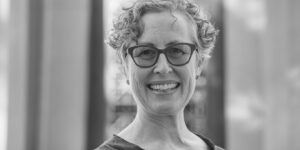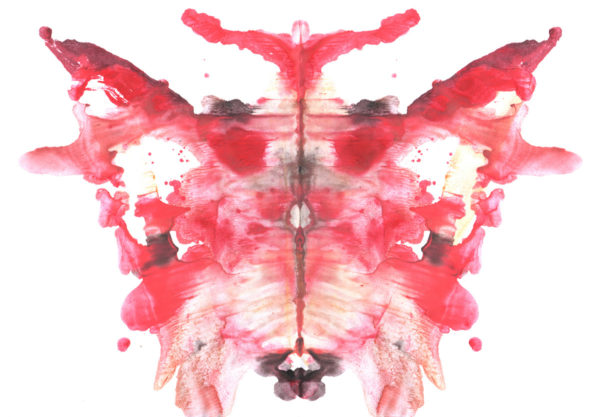
As Director of the Research Support Core at the Center for Healthy Minds, Robin leads a team of technical folk who together provide a foundation for rigorous, innovative and collaborative science. She provides general direction, support and guidance for research projects, as well as to graduate students, post-docs and junior scientists. In addition, she collaborates with the rest of the leadership on strategic planning and implementation, heads development and management of scientific resources and helps bring CHM’s scientific findings to the general public.
Robin’s research focuses on developing novel techniques for integration of electrophysiology (EEG, EMG) and functional magnetic resonance imaging (fMRI) to investigate neuropsychological and neurocognitive questions, ultimately to examine relationships of brain-mind-body connections to health and well-being. She designs and builds MR-compatible EEG/EMG systems, and develops single-trial analysis methods for combining the simultaneously acquired data. Robin is also exploring the intersection of arts, transformational learning, and well-being and leads the Center’s collaboration with the Academy for the Love of Learning.
In addition to her scientific work, Robin trained in Clinical Pastoral Education with the New York Zen Center for Contemplative Care, and has worked as an interfaith chaplain in a number of New York City hospitals.
Robin is committed to fostering a lab environment where the individuals, the community and the science all flourish.
Education
Clinical Pastoral Education, New York Zen Center for Contemplative Care (2011)
Ph.D., Biomedical Physics, University of California–Los Angeles (2002)
B.S., Physics, University of California–Santa Cruz (1994)
Related Studies
Impact of Experiential Curricula and Methods to Nurture Well-Being
Center experts are developing assessments and tools that examine ways to cultivate well-being across a variety of people and contexts.
The Field Study of Long-term Meditation Practitioners and the Tukdam Post-death Meditative State
A global community of field researchers are collaborating on a study of an ancient monastic post-mortem meditative state known as tukdam, practiced by present-day expert Tibetan Buddhists and how such a practice might offer insight into mental, spiritual, and physical well-being during the death process, both for the dying and for their support community.
Understanding the Mechanisms of Well-Being Training in Adults with and without Asthma
Center scientists and collaborators examine the impact of well-being training.




